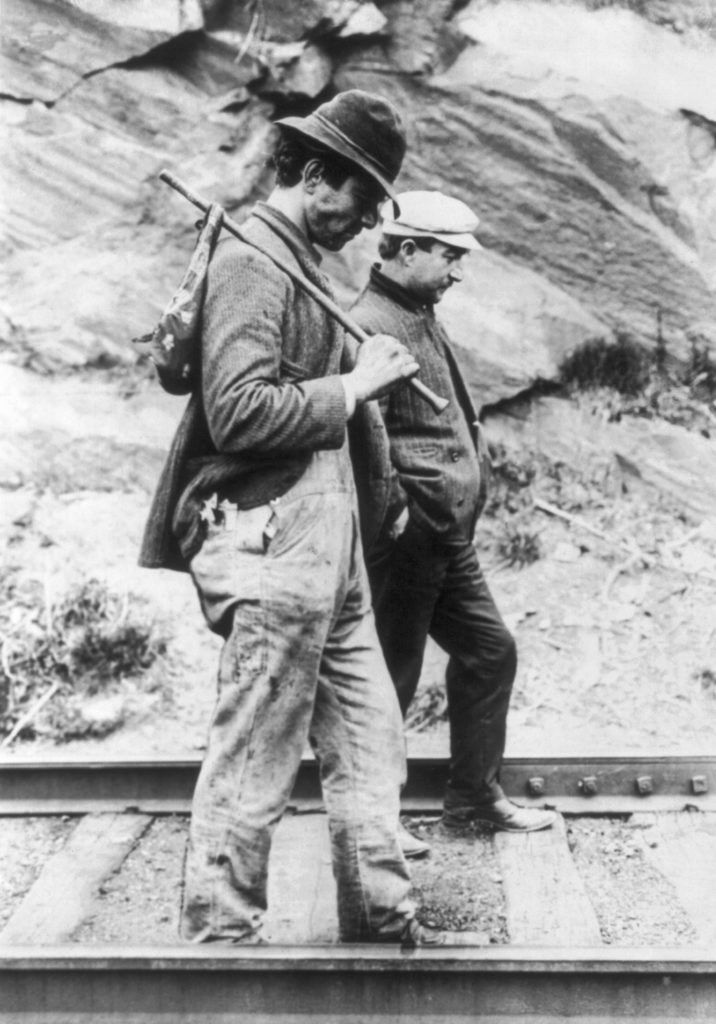
The Wife and I have been watching a different Christmas movie each evening in the run-up to Christmas.
In the midst of a party-less pandemic, it is the next best thing.
We started the first night with A Christmas Carol (the George C. Scott version), followed by How the Grinch Stole Christmas, then the next night, my favorite, The Bishop’s Wife.
Then last night we watched a movie neither of us had ever seen, The Man Who Invented Christmas, a loose biopic on Charles Dickens’s writing of A Christmas Carol. The movie is as much fiction as fact, but it led me to a realization: I had never actually read the story Dickens wrote. I had seen several versions of the movie, and my wife and I go every year to the local theatre to see the play, but I had never read the actual words Dickens wrote.
After the movie, I went to my study to do some writing, and while there I noticed one of the temperamental track lights on the mezzanine in our library had flickered off again, so I scurried up the spiral staircase to tinker with it. My tinkering brought light, and when I looked down on the bookshelf where the light shone I noticed on top of a row of vertically stacked books a thin leather-bound book, with gold embossed pages, and gilded lettering on the cover:
A Christmas Carol
Charles Dickens
I then remembered the book was a gift from my wife, but I had not yet read it.
Continue reading “What You Missed By Not Reading A Christmas Carol”



 I have some very close Christian friends who are still gathering with others and going about their business despite shelter-in-place orders.
I have some very close Christian friends who are still gathering with others and going about their business despite shelter-in-place orders.